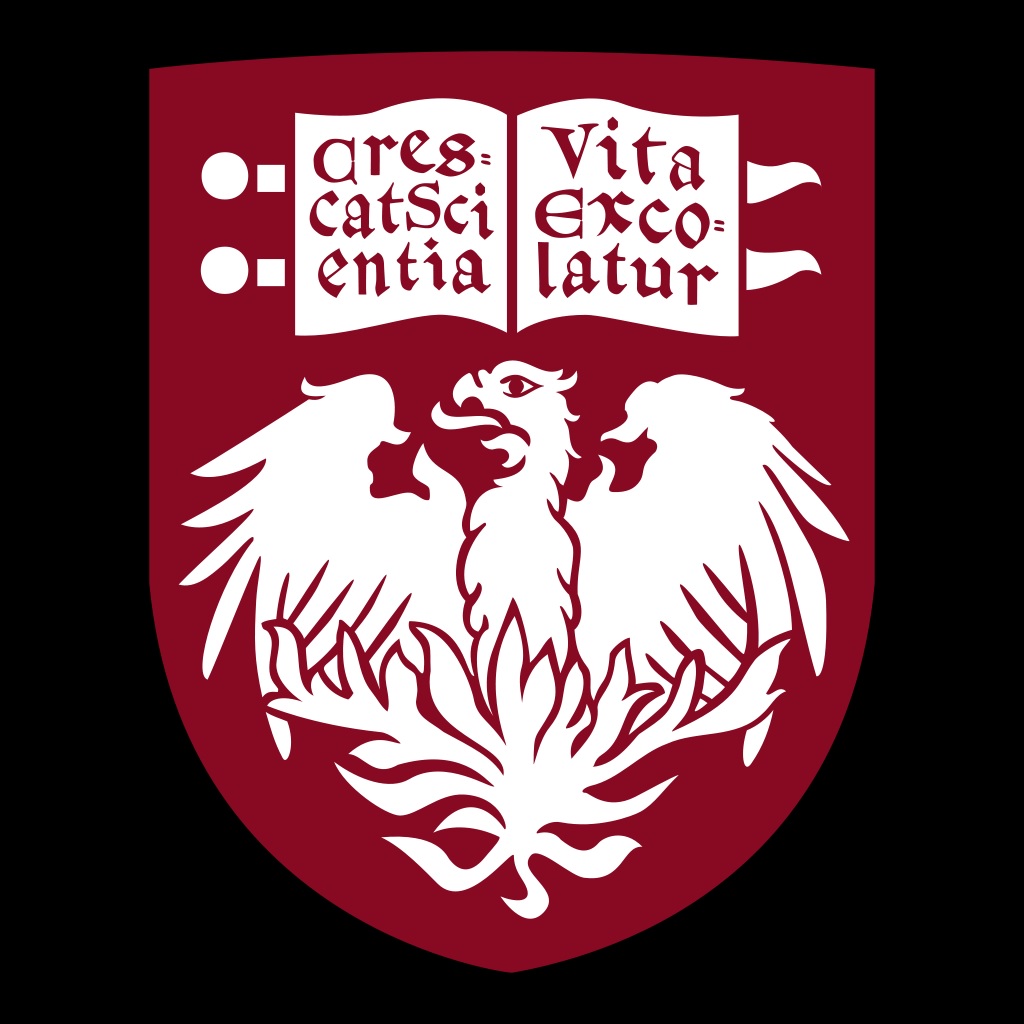Jan 31, 2019
Louise Lerner

UChicago, IME scientists use IBM Q to verify elusive quantum mechanics principles.
The rules of quantum mechanics describe how atoms and molecules act very differently from the world around us. Scientists have made progress toward teasing out these rules—essential for finding ways to make new molecules and better technology—but some are so complex that they evade experimental verification.
With the advent of open-access quantum computers, scientists at the University of Chicago saw an opportunity to do a very unusual experiment to test some of these quantum principles. Their study, which appeared Jan. 31 in Nature Communications Physics, taps into a quantum computer to discover fundamental truths about the quantum behavior of electrons in molecules.
“Quantum computing is a really exciting realm to explore fundamental questions. It allows us to observe aspects of quantum theory that are absolutely untouchable with classical computers,” said Prof. David Mazziotti, professor of chemistry and author on the paper.
One particular rule of quantum mechanics, called the Pauli exclusion principle, is that two electrons cannot occupy the same position in space at the same time. In many cases, a molecule’s electrons experience additional restrictions on their locations; these are known as the generalized Pauli constraints. “These rules inform the way that all molecules and matter form,” said Mazziotti.
In this study, Mazziotti, Prof. David Shuster and graduate student Scott Smart created a set of algorithms that would ask IBM’s Q Experience computer to randomly generate quantum states in three-electron systems, and then measure where the electrons are most probably located.
“Suppose that the generalized Pauli constraints were not true: In that scenario, about half of the quantum states would exhibit a violation,” said Smart, the first author on the paper. Instead, in the many quantum states formed, they found that violations of generalized Pauli constraints occurred very rarely in a pattern consistent with noise in the quantum circuit.
The results provide strong experimental verification, the scientists said.
“The simplest generalized Pauli constraints were discovered theoretically on a classical computer at IBM in the early 1970s, so it is fitting that for the first time they would be experimentally verified on an IBM quantum computer,” Mazziotti said.
The discovery is another breakthrough at the frontier of quantum efforts at the University; recent efforts have included a three-laboratory quantum “teleporter,” steps toward more powerful quantum sensors, and a collaboration to develop algorithms for emerging quantum computers.
An open question is how the generalized Pauli constraints may be useful for improving quantum technology. “They will potentially contribute to achieving more efficient quantum calculations as well as better error correction schemes—critical for quantum computers to reach their full potential,” Mazziotti said.
The discovery is another breakthrough at the frontier of quantum efforts at the University; recent efforts have included a three-laboratory quantum “teleporter,” steps toward more powerful quantum sensors, and a collaboration to develop algorithms for emerging quantum computers.



An open question is how the generalized Pauli constraints may be useful for improving quantum technology. “They will potentially contribute to achieving more efficient quantum calculations as well as better error correction schemes—critical for quantum computers to reach their full potential,” Mazziotti said.
Citation:
Experimental data from a quantum computer verifies the generalized Pauli exclusion principle. Smart et al, Nature Communications Physics, Jan. 31, 2018.

See the full article here .
See also from U Chicago here.
five-ways-keep-your-child-safe-school-shootings
Please help promote STEM in your local schools.
An intellectual destination
One of the world’s premier academic and research institutions, the University of Chicago has driven new ways of thinking since our 1890 founding. Today, UChicago is an intellectual destination that draws inspired scholars to our Hyde Park and international campuses, keeping UChicago at the nexus of ideas that challenge and change the world.
An intellectual destination
One of the world’s premier academic and research institutions, the University of Chicago has driven new ways of thinking since our 1890 founding. Today, UChicago is an intellectual destination that draws inspired scholars to our Hyde Park and international campuses, keeping UChicago at the nexus of ideas that challenge and change the world.
The University of Chicago is an urban research university that has driven new ways of thinking since 1890. Our commitment to free and open inquiry draws inspired scholars to our global campuses, where ideas are born that challenge and change the world.
We empower individuals to challenge conventional thinking in pursuit of original ideas. Students in the College develop critical, analytic, and writing skills in our rigorous, interdisciplinary core curriculum. Through graduate programs, students test their ideas with UChicago scholars, and become the next generation of leaders in academia, industry, nonprofits, and government.
UChicago research has led to such breakthroughs as discovering the link between cancer and genetics, establishing revolutionary theories of economics, and developing tools to produce reliably excellent urban schooling. We generate new insights for the benefit of present and future generations with our national and affiliated laboratories: Argonne National Laboratory, Fermi National Accelerator Laboratory, and the Marine Biological Laboratory in Woods Hole, Massachusetts.
The University of Chicago is enriched by the city we call home. In partnership with our neighbors, we invest in Chicago’s mid-South Side across such areas as health, education, economic growth, and the arts. Together with our medical center, we are the largest private employer on the South Side.
In all we do, we are driven to dig deeper, push further, and ask bigger questions—and to leverage our knowledge to enrich all human life. Our diverse and creative students and alumni drive innovation, lead international conversations, and make masterpieces. Alumni and faculty, lecturers and postdocs go on to become Nobel laureates, CEOs, university presidents, attorneys general, literary giants, and astronauts.



